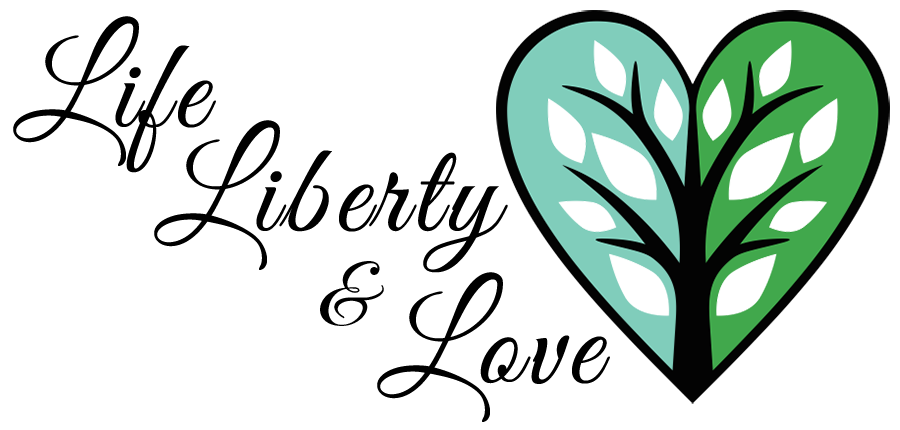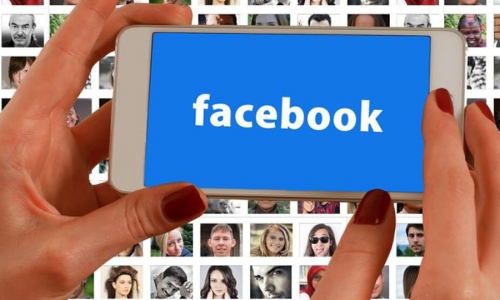I signed up for Facebook (FB) after my son was born in 2008. It was fabulous connecting with old friends and sharing pictures of our families with each other. However, it did not take long before I started to receive friend requests from old high school classmates, and friends of friends that I barely knew. It seemed harmless to accept their requests, but before long, my newsfeed page was covered with posts from people with whom I did not have a relationship. I did not care about their political opinions or what they ate for dinner, but somehow I ended up thumbing through all their posts. At times, I even felt an unspoken pressure to “like” other people’s posts, as if they would be offended or hurt if I did not do so.
Over time I realized something else was happening. I often posted inspirational quotes from the books I was reading and would receive many positive comments or “likes” in response. Though I was not conscious of it initially, the amount of feedback I got (or lack of) started to affect me. I felt special and affirmed when I got a lot of responses, and slightly deflated when I didn’t. Without realizing it, I had allowed FB to influence my happiness and self-worth. The effects were subtle, but potentially damaging nonetheless.
Research shows that positive feedback on social media leads to a surge of dopamine in the brain, a chemical that is naturally released with rewarding experiences. Positive online interactions stimulate the same pleasure center in our brain that is affected by food, sex, and drugs; however, because the feedback from social media can vary, checking social media is likened to playing a slot machine. You never know what you are going to get, so the drive to seek out rewards propels people into compulsive use. As a result, social media has become the preferred drug of choice among the masses.
Computer programmers are now using the principles of neuroscience when developing new apps, intentionally targeting the brain in ways that can lead to addictive use. Since the neural pathways in our brain are altered by what we focus on and respond to, Internet use is basically reprogramming the architecture of our brains . . . but in ways that can be detrimental. In an interview with Anderson Cooper, Tristan Harris, a former project manager at Google, says, “It is weakening our relationships to each other and destroying our kids ability to focus.” Technology can no longer be touted as neutral.
Research shows that social media users between ages 15-19 spend at least three hours a day online, and users between ages 19-29 spend at least two hours a day on their accounts. Since I only spent about 45 minutes a day on FB, I did not think it was a problem for me. Yet, I was constantly checking my account throughout the day. Any time I had a few minutes to spare, I would thumb through the newsfeed page, even at stoplights. Without knowing it, FB had become my time filler . . . even when I did not have extra time to fill. I finally realized there was a problem when my son kept asking me to play with him, but I put him off because I was on FB. Something had to change.
In attempt to break any FB addiction, or unhealthy influence it had on me, I decided to “fast” FB for a month. It was March of 2013, during lent, and the last day of the month was Easter. How appropriate.
Not until I fasted FB did I realize it had become a compulsion. The fact that I did not spend an enormous amount of time on it each day did not mean it was not harmful. (And the truth is that 45 min a day adds up to about 22 hours a month . . . and that IS a significant amount of time!) During my fast, I got projects done and things organized in my home, I spent more time playing with my son and giving my undivided attention to others, I spent more time reading things that actually mattered, and I embraced the quiet moments in each day so I could better hear God’s still small voice. I did not realize how much FB robbed me of these precious moments until I gave it up. So, I have decided that if I want to continue using FB, I need to periodically do a “self-check” on myself. I know it is easy to fall back into old habits, so I have come up with six questions to ask.
- Am I using my time wisely? I need to assess if I have accomplished the “more important” things in my day before getting on FB. I am determined to prioritize time with God as one of those “more important” things.
- Am I substituting genuine relationships with surface ones? FB can create a false sense of community, substituting quick comments and likes for authentic friendship. God designed our relationships to be fulfilling, but He also meant for them to play a role in our spiritual growth . . . “as iron sharpens iron” (Proverbs 27:17). Unfortunately, the opposite often occurs on FB (words are easily misunderstood, offenses are created, and people are de-friended instead of lovingly confronted to work through the problem). Though electronic communities can foster socialization, true vulnerability and life-giving friendship only comes through “doing real life” with people. One possible way to improve the quality of online community is to carefully select the people who appear in the newsfeed (since it is simple to block people without de-friending them). Doing this could help shape FB use into more meaningful interactions with close friends and family.
- Am I allowing my interactions on FB to affect my self-esteem? If FB is building up or tearing down my self-worth, then something must change. The number of “likes” I get does not define me, and certainly should not play a role in shaping my Scripture says that man is tested by the praise he receives (Proverbs 27:21), so sometimes praise can be even more detrimental than criticism. I am working to focus my attention on how God perceives me, since this is what really matters (Galatians 1:10).
- Am I being authentic on FB? People shape their image on FB by selectively sharing things that only paint them in a favorable light. Honestly, who is going to post an unflattering picture of themselves, or a post about their personal failures? I am guilty of wanting to “pre-screen” any picture of me before it is posted on FB, but there are those who take it even further by using selfie apps like “FaceTune” or “Make Me Thin.” They edit out their acne, whiten their teeth, or slim down for a more flattering look. I need to be cognizant of this and be careful not to compare myself to others based on their “apparently perfect” FB lives . . . and make sure I am not being phony in any way myself.
- Am I honoring God and others with my FB behavior? FB is an avenue where people voice their opinions freely, without hesitation or censor . . . so I need to examine my posts and comments and make sure I am interacting with others How is it affecting my friendships? Am I creating conflict, unhealthy debate, or unwholesome chatter? Am I easily offended, presumptuous, or FB stalking anyone? My behavior on FB should always promote life, liberty, and love . . . so if this is not the case, then something needs to change.
- Is FB distracting me from God’s still small voice? Have electronic forms of entertainment desensitized me from hearing God’s voice throughout my day? Am I taking time to meditate on things with the Lord, or has FB numbed my practice of looking inward for His voice? During my FB fast, I became aware of other meaningless and compulsive activities that were also plundering my time and mindfulness (so I deleted those apps off my phone). I am working on embracing the silent moments throughout the day, and seizing that time for prayerful reflection.
The concept behind FB (connecting with others in an electronic forum) is not innately bad, but it is important to assess what real value and influence it has in our lives. If we want to prioritize people over electronic entertainment, and avoid falling into compulsive social media usage, we will have to regularly work at keeping things in balance. If this becomes too difficult to control, then it may be best to shut it down all together.
What we focus on is what we empower, and the enemy is crafty at dangling “good” things in front of us in attempt to rob us of God’s best. John Piper explains it well,
The greatest enemy of hunger for God is not poison but apple pie. It is not the banquet of the wicked that dulls our appetite for heaven, but endless nibbling at the table of the world. It is not the X-rated video, but the prime-time dribble of triviality we drink in every night. If you don't feel strong desires for the manifestation of the glory of God, it is not because you have drunk deeply and are satisfied. It is because you have nibbled so long at the table of the world. Your soul is stuffed with small things, and there is no room for the great.
The enemy has convinced us that this is the good life. Our heavenly Father longs to give us the nations (Psalm 2:8), but we are content with cupcakes and sitcoms. But now that I am more aware of his schemes, I am working to better consecrate my time to God. Life is too precious to waste my days away, especially when there is kingdom work to do! I am now asking God to help me make the most of my days (Ephesians 5:15-16), so I can walk in the fullness of my spiritual inheritance here on earth. Why wait until heaven?
Will you join me?
Further Reading:
"Facebook Obsession and the Anguish of Boredom"
“How Facebook is Altering Your Mind” (A good basic overview article with lots of good info and links, just skip the crude satire video)
“What is Brain Hacking? Tech Insiders on Why You Should Care”






